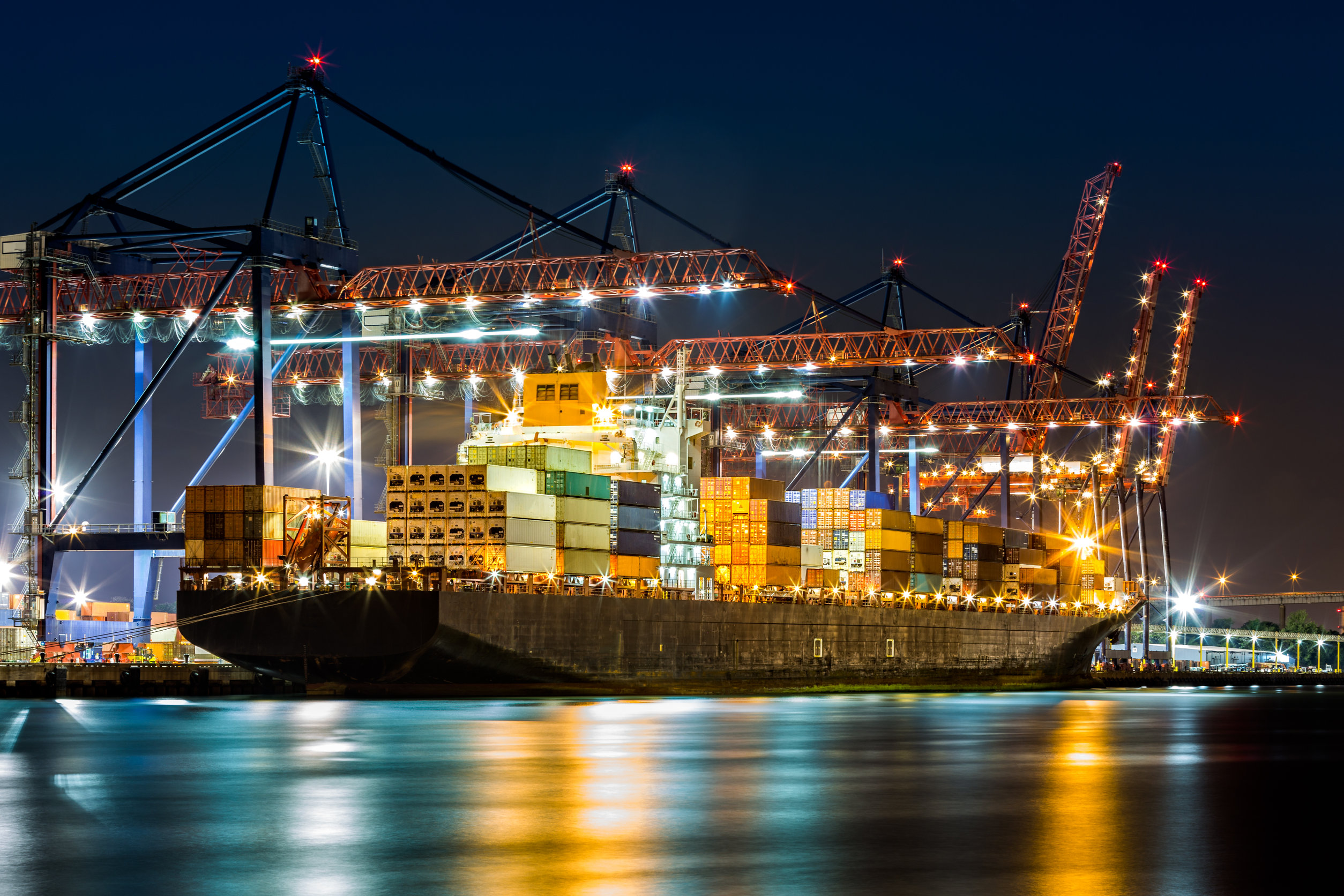In this post
For companies to be able to work in a number of different countries they have to be able to trade freely. This means that governments in each country need to cooperate and allow for goods and services to be delivered from overseas to facilitate international trade. The main way that governments do this is by setting up trade blocs. These trade blocs are a way for countries to trade between themselves and not pay taxes. They are based on specific agreements and regulations that are set in place but allow businesses to operate with more freedom within the trade bloc. Some examples of these include the EU and the North American Free Trade Agreement (NAFTA).
Benefits of trade blocs to international trade
All trade blocs are in place for one specific reason – to boost trade and make the countries in them benefit from this by becoming wealthier. Countries that import or export to others within the trade bloc will not have to pay tax when doing so – leading to a cheaper price for the buyer who can then sell products on to consumers at a lower price. For example, a company based in Paris will not have to pay tax on goods sent to Munich as both France and Germany are part of the EU. This benefits the company buying products from other EU countries as they will be cheaper than alternatives coming from elsewhere which could be subject to large taxes. Other benefits will come in the form of jobs being made available to people due to increased trade and the protection of businesses that may otherwise be in danger of being undercut by external countries offering the same goods at lower prices.
Most countries that are members of trade blocs will put in place specific legislation that regulates the sale of goods in the bloc. This will take the form of minimum safety standards or health and safety regulations for the businesses that wish to benefit from tax-free trading. With these agreements, customers know that what they are buying is to a high standard at all times.
Disadvantages of trade blocs
Despite trade blocs introducing a range of beneficial factors for countries, they are not without drawbacks. For example, the sheer amount of legislation and regulations that are introduced lead to people feeling there is a lot of ‘red tape’ that businesses must abide by in order to trade internationally. This creates costs for companies as they must adhere to very strict demands or face penalties.
Countries from outside a specific trade bloc will not be able to trade freely in the area, so existing agreements between some countries might be lost. This can lead to inefficient companies within the bloc gaining a profit when there are other companies outside that do a better job and offer superior services. This can lead to a distortion of trade and an economy that is propped up on existing agreements rather than encouraging innovation and efficiency.
Trade tariffs
A trade tariff is something that is used for a government to make money on imports. It is imposed on goods and services that are entering a country from another. Essentially, a trade tariff is something that a member of a trade bloc is trying to avoid when agreements are put in place. Tariffs are often set as a specific amount based on the value of a product or service or can be a set value for a specific item (e.g. £500 for the importing of a car).
Tariffs provide revenue for governments who need to monitor borders and check imports are legal. These tariffs will hinder trade between countries though as the additional cost to businesses will result in higher prices for anyone purchasing the product as the end user.
International competition
When businesses trade internationally, competition is rife. This means that a company will need to work to increasingly high standards in order to make a profit in new places of operation. One of the best ways of doing this is to utilise the internet and trade using e-commerce.
E-commerce enables a company to take orders for products or services 24/7 and from people in any place. This accelerates the buying and selling process, something that is essential when trading internationally. With e-commerce there are no barriers. Companies can attract people in a variety of geographical locations, giving a much wider reach and opening the door to international trade.
Changing the marketing mix
When a company is trading globally it will need to adapt its approach slightly to ensure the best possible results. In doing so, the business can maximise its resources and entice a huge variety of individuals to buy its goods.
- Product – when making changes to the marketing mix for international trade, a business may offer different products. These are likely to align with the wants and needs of individuals in that particular part of the world. Understanding what customers in different areas want is the key to offering the right products, so extensive research will be carried out by an organisation. Companies such as McDonalds alter their approach for different countries, for example burgers sold in India only contain fish or chicken because cows are seen as sacred, so beef burgers are not offered. Companies may not always change their products for different countries. This will depend on if the individuals they are targeting have a very different taste to those that they already cater for or if the underlying want/need is the same.
- Promotion – when promoting products, companies use a variety of different methods that include symbolic images or colours. In doing so, they are trying to show off their products in a good light. However, different symbols and promotional materials will have contrasting meanings in different countries. For example, colours take on different meanings in different countries, so a product that is advertised using specific colour schemes should ensure there are no local connections with these that will be negative. Similarly, customs, beliefs and practices can be vastly different in other countries so a business will need to ensure that promotions do not cause offence.
- Pricing – the prices of goods and services in other countries will change dramatically. In one country products might be very cheap as average earnings are low, whereas in others people may earn more money so are prepared to pay higher prices for products. The prices of products will also depend heavily on costs to a business. Tariffs on imports and exports, transportation costs, exchange rates, operating expenses and marketing costs will all impact upon the final price that is charged to a consumer
- Place – the distribution chains used in other countries can be vastly different to our own. This means that a business which looks to sell overseas will need to research the types of ways it can stock, transport and supply goods to its customers. The place in which goods and services are bought may be very different overseas as shoppers will be familiar with certain customs. For example, in the UK we have seen a huge increase in online shopping but this is not true in other countries where people still like to visit a shop in order to purchase goods.



